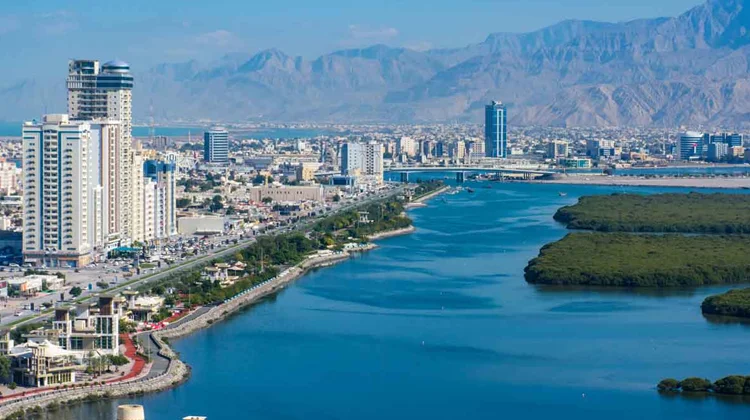After years of unprecedented growth, Dubai’s once emerging real estate market is showing signs of a strategic shift, seemingly taking cues from the more mature and transparent playbook of the United States.
As the market evolves, a new emphasis on data clarity, technological integration, and building performance is emerging, promising a more sustainable and sophisticated future for the emirate’s property sector.
The US real estate market, characterized by its open access to information, is influencing Dubai’s trajectory. In America, buyers now expect comprehensive data at their fingertips. Platforms like Zillow and Redfin provide historical pricing, comparable sales, and even agent commissions – information that was once closely guarded. This transparency, sometimes mandated by regulators after legal challenges, has transformed the role of the agent from a gatekeeper of information to a trusted advisor.
This same transformation is underway in Dubai. Proptech portals like DXBinteract are leading the charge in data transparency. Developed by fäm Properties, this platform offers live sales data, price trends, neighborhood performance metrics, and supply insights, all continuously updated. While some advanced data layers seen in the US are not yet available, DXBinteract has become the go-to source for reliable market intelligence in Dubai, empowering buyers, investors, and agents with knowledge-driven decision-making.
The US commercial real estate sector provides another crucial lesson: value is increasingly driven by technology and environmental performance. Buildings that leverage real-time data on occupancy, energy usage, and tenant preferences gain a significant advantage. Furthermore, green-certified buildings, boasting LEED and Energy Star labels, command higher rents and attract long-term tenants, while non-compliant properties face a “brown discount.”
Dubai’s market is beginning to mirror this trend. Developers are increasingly focusing on sustainability in their projects. Tenants, particularly international firms, are now evaluating properties not just on price but also on their operational efficiency and environmental credentials. While DXBinteract doesn’t currently track formal building classifications, its role as a central hub for market indicators and commercial analytics positions it to incorporate such metrics in the future, further aligning Dubai with global best practices.
After a period of explosive growth, with prices surging over 30% in 2024, Dubai’s real estate market saw its first monthly price decline in over two years in January 2025. This slight correction, as reported by Property Monitor, signals a potential shift towards stabilization after a prolonged boom. While transaction volumes remain strong, a moderation in buyer momentum suggests a market recalibrating to balance supply with sustainable demand.
This “maturing” phase, inspired by the US market’s emphasis on data-driven insights and long-term value, could signify a move away from purely speculative investments towards a more fundamentally sound market. The focus is shifting towards providing clear information, promoting sustainable development, and valuing properties based on their performance and long-term viability.
Dubai’s real estate market is no longer simply emerging; it is evolving rapidly. By embracing the principles of transparency and performance seen in more mature markets like the US, Dubai is laying the groundwork for a new era of accountability and intelligence in its property sector. This shift, driven by local innovation and a growing demand for sophisticated market insights, promises a more resilient and investor-friendly environment in the years to come.
Summary:
- Dubai’s real estate market is increasingly adopting principles from the mature US market, focusing on data transparency and technological integration.
- Proptech platforms like DXBinteract are providing greater access to market data, empowering buyers and investors.
- Building performance and sustainability are becoming key drivers of value in Dubai’s commercial sector, mirroring trends in the US.
- After a period of rapid growth, Dubai’s real estate market is showing signs of stabilization, indicating a move towards long-term sustainability.

